Seizures
-
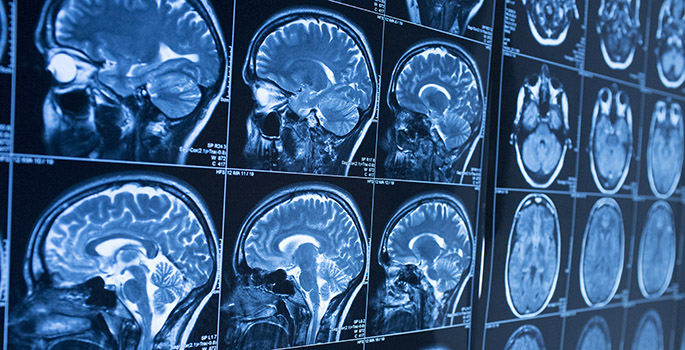
Nguyen marries basic and translational approaches to ID new brain region responsible for epileptic seizures
Incoming assistant professor of pharmacology Quynh Anh Nguyen spearheaded research that points to a previously unidentified region of the hippocampus as responsible for epileptic seizures. The work could lead to new avenues of treatment to help epilepsy patients control their seizures. Read MoreApr 23, 2024
-
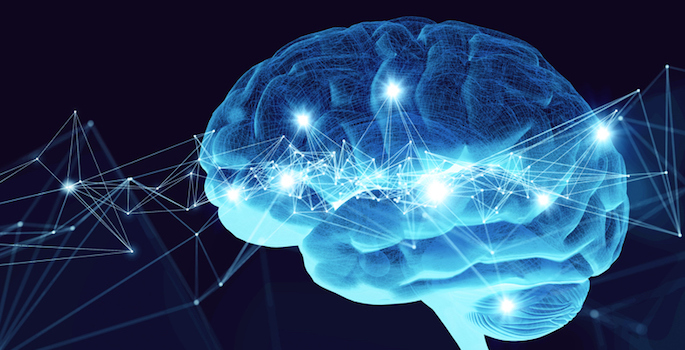
Sudden death from deep in the brain?
Vanderbilt neurologists found altered excitability in deep brain structures that they note may drive respiratory dysfunction and sudden death in a rare form of epilepsy. Read MoreAug 9, 2021
-

Single mutation causes seizure disorder
A single mutation in one gene can impair inhibitory signaling in the brain and cause multiple types of seizures and behavioral abnormalities. Read MoreJun 22, 2020
-

A new anti-seizure target?
Vanderbilt neurologists have identified a protein modification that could be targeted to reduce neuronal excitability in epilepsy. Read MoreDec 12, 2019
-
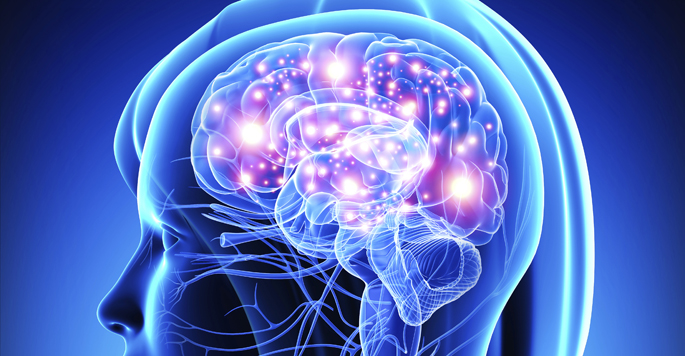
Study reveals mysteries of critical brain receptor complex
Poorly functioning AMPARs have been linked to a wide range of neurological and psychiatric disorders including seizures, Alzheimer’s disease, major depression and autism spectrum disorder. Understanding how AMPARs are formed and operate is essential for the rational design of pharmacological compounds that, by tuning AMPAR activity up or down, could improve treatment of these conditions. Read MoreDec 5, 2019
-

Blueprint for treating epilepsy
Structural details of a protein that is essential to normal brain function could improve treatments for epilepsy and other seizure disorders. Read MoreNov 14, 2019
-

Team discovers one more piece to the autism puzzle
Vanderbilt investigators have linked genetic mutations in a single receptor to epilepsy, autism and intellectual disability. Read MoreOct 3, 2019
-

Astrocytes and epilepsy
A protein with important functions in astrocytes — star-shaped brain support cells — may alter neuronal excitability and contribute to seizure activity, Vanderbilt researchers report. Read MoreSep 9, 2019
-

Cannabis compound reduces seizures
Cannabidiol (CBD) oils reduced seizures in patients with difficult-to-treat epilepsy, Vanderbilt investigators have found. Read MoreFeb 26, 2018
-

Heat a trigger for seizures
Elevated body temperature alone can increase vulnerability to fever-induced seizures, even in the absence of infection or inflammation. Read MoreSep 6, 2017
-
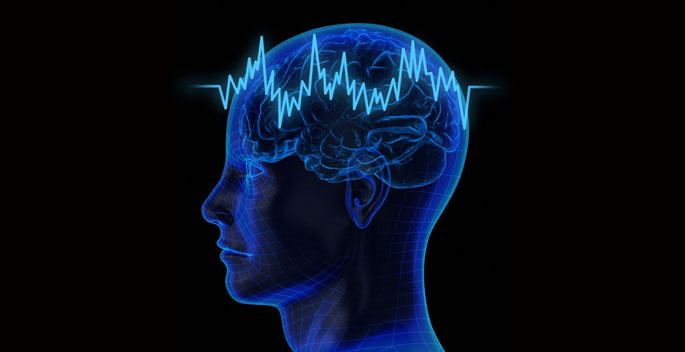
Predicting brain surgery outcomes
Assessing brain functional and structural connectivity in patients with temporal lobe epilepsy may be a useful way to identify the best candidates for surgical treatment. Read MoreAug 18, 2017
-
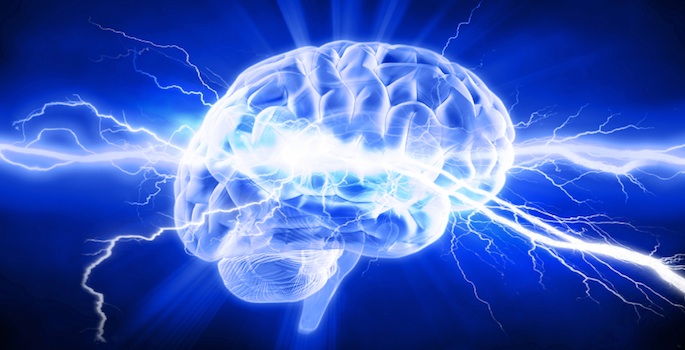
Seizure mutation impairs receptor
Defects in the production of certain receptors are linked to the pathogenesis of genetic epilepsies and fever-induced seizures. Read MoreSep 30, 2014
-

Brain stimulator helps ease epilepsy patients’ seizures
The Vanderbilt University Medical Center epilepsy team has implanted four patients with a device that heralds a new frontier for controlling epileptic seizures. Read MoreAug 28, 2014
-
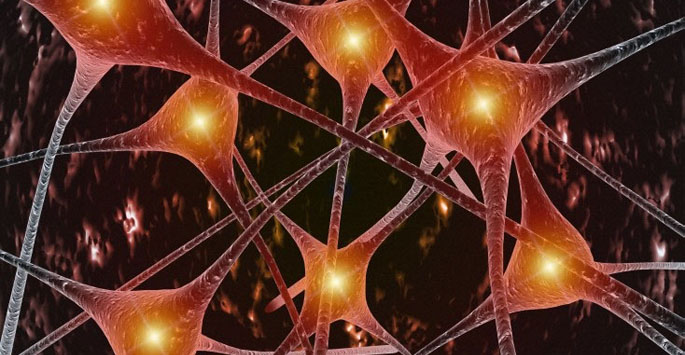
Probing epilepsy’s molecular sparks
Understanding how mutations in neuronal receptors contribute to epilepsy could lead to improved therapies. Read MoreMay 10, 2012
-

Switch to cooling blanket spurs new infant brain research
Using a cooling blanket with newborns who have suffered from oxygen deprivation allows researchers to study what is happening in the brain and what brain cooling therapy can achieve. Read MoreFeb 24, 2012
-

Aliquots – VUMC research highlights
RSV prefers stressed cells “Stress granules” – globs of proteins and RNAs – form inside cells in response to environmental stressors and are thought to regulate protein production. Several viruses induce stress granule formation, but the function of these structures during virus replication is not well understood. James Crowe Jr.,… Read MoreJan 6, 2011